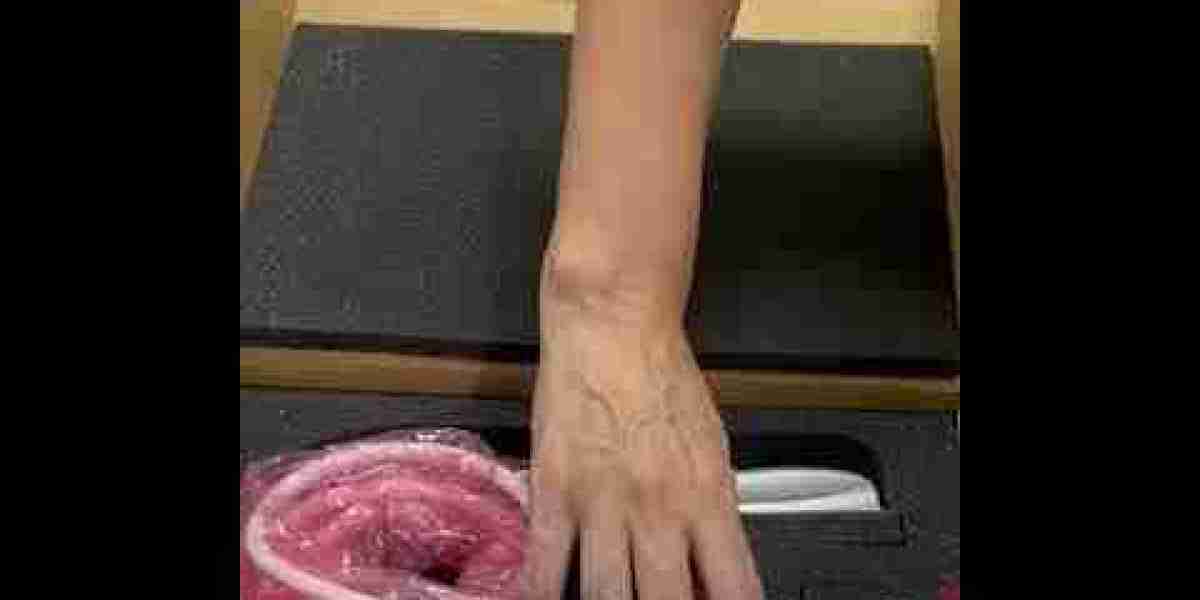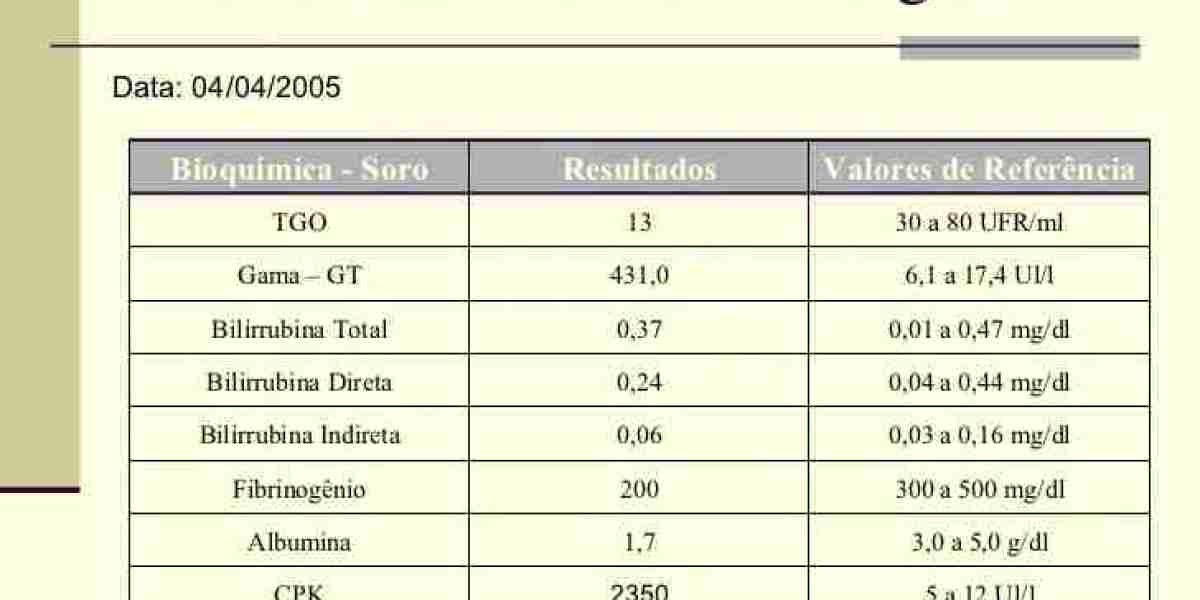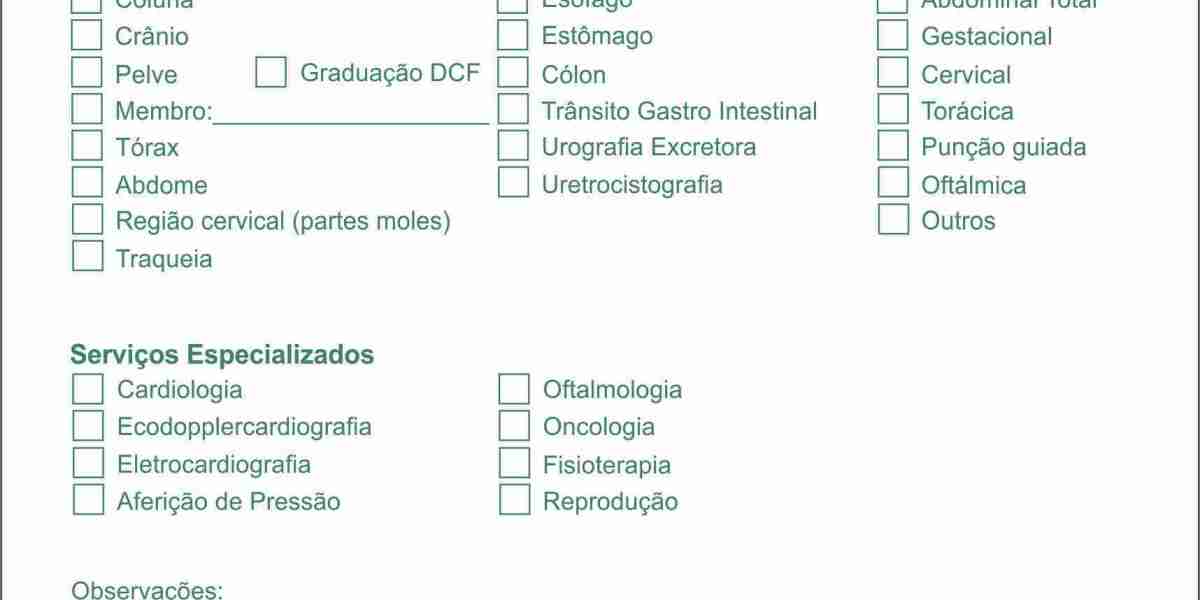For noncardiogenic pulmonary edema, the prognosis ranges from good to poor, but the prognosis tends to be higher for canines who don’t require mechanical ventilation to breathe. The prognosis for cardiogenic pulmonary edema is unsure, as a end result of affected canine would require lifelong remedy for his or her coronary heart situation. In each instances, follow-up visits with the veterinarian will be vital for the continued well being of your pet. The veterinarian will wish to repeat diagnostic tests as necessary (such as x-ray to verify fluid levels) and prescribe any medications wanted to hasten recovery. As the proprietor of a canine who has skilled pulmonary edema, you must all the time pay consideration to your pet’s breathing patterns and promptly go to the clinic to debate irregularities. Breathing points in canine can happen as a result of many underlying well being problems.
For canine, the normal respiratory fee at rest is between 20 and 34 breaths per minute. On the opposite hand, some factors can make your canine breathe sooner and laboratório de veterinária deeper, like strenuous exercise, stress, pleasure, and heat temperatures. Depending on the findings of the veterinarian, there are totally different treatment approaches. If your dog already has breathing issues, he shall be given oxygen in the veterinary clinic. If you might be involved that there's fluid in your canine's lungs, Https://K12.Instructure.Com/Eportfolios/378883/Home/Sinais_De_Alerta_Como_Identificar_Sintomas_De_TSH_Elevado_Em_Pets consult a veterinarian instantly.
How is pulmonary edema diagnosed in dogs?
 The first one is dyspnea, which is a time period that describes difficult or labored respiration. The second one is fast respiratory called tachypnea, and the third one is irregular panting. Recognizing Heart-Related Coughs and Other Symptoms Heart-related coughs often sound dry and forced, probably intensifying at evening or after exercise. It might look like your canine is making an attempt to clear one thing out of his throat. This could additionally be accompanied by different signs similar to speedy exhaustion, difficulty breathing, or a bluish tinge to the tongue and gums. Without treatment, pulmonary edema or the underlying disease can result in the dog's demise. Highly infectious bacterial or viral pneumonia is recognized as canine infectious pneumonia.
The first one is dyspnea, which is a time period that describes difficult or labored respiration. The second one is fast respiratory called tachypnea, and the third one is irregular panting. Recognizing Heart-Related Coughs and Other Symptoms Heart-related coughs often sound dry and forced, probably intensifying at evening or after exercise. It might look like your canine is making an attempt to clear one thing out of his throat. This could additionally be accompanied by different signs similar to speedy exhaustion, difficulty breathing, or a bluish tinge to the tongue and gums. Without treatment, pulmonary edema or the underlying disease can result in the dog's demise. Highly infectious bacterial or viral pneumonia is recognized as canine infectious pneumonia.What causes the buildup of fluid in dogs' lungs?
Depending on the extent of the pneumonia, you may have to bring your dog back to the veterinarian for a follow-up examination. The veterinarian might wish to conduct one other chest radiograph to guarantee that the irritation is resolving and that your canine is recovering correctly. If the vomiting was caused by an underlying situation, you might want to deal with the trigger so that the aspiration pneumonia doesn't recur. Most veterinarians will recommend that a dog fasts prior to surgery to minimize the risk of regurgitation during anesthesia. When administrating oral medication, ensure that the medicine is given only on the pace that your canine can swallow to forestall inhalation into the respiratory tract. Young puppies, as properly as canine which would possibly be fed with a feeding tube, are at higher risk of developing the situation.
Stop Googling - Ask a Real Vet
If your pet has fluid in their lungs stemming from heart illness, diuretics will sometimes be prescribed to assist take away the fluid along with oxygen therapy and relaxation. Pet mother and father ought to watch their canine fastidiously for early indicators of fluid within the lungs in order that therapy can start early, earlier than the condition becomes extra extreme. Ultimately, the sort of treatment will depend on the cause and the severity of the problem. Antibiotics, intravenous fluids and colloids, diuretics, and anti-inflammatories are also widespread remedies for canine affected by noncardiogenic pulmonary edema. The remedy for fluid in dogs' lungs will differ depending on the underlying cause. If the cause is heart illness, therapy will concentrate on managing the guts disease.
Fluid in the Lungs Questions and Advice from Veterinary Professionals
In some instances exams on the fluid within your dog's lungs can help to find out excessive or low protein levels. High ranges of protein point to noncardiogenic causes of fluid buildup, whereas low ranges of protein point out cardiogenic pulmonary edema. Pulmonary edema might develop over time and show as a breathing difficulty on your pet only upon exertion. Or speedy accumulation of fluid within the lungs might occur, inflicting acute respiratory distress.
Dog Breeds Susceptible to Breathing Problems
Follow your vet’s guidelines for further care carefully, proceed with follow-up vet visits, and watch your dog’s well being for any changes. Treatment for pulmonary edema in canine is decided by the severity of the symptoms. If your dog is displaying any of the above indicators, contact your veterinarian instantly to schedule an appointment. If your dog’s lips have begun to turn a shade of blue, emergency veterinary care is needed. If your canine is displaying any of the symptoms listed above contact your vet immediately to e-book an appointment.
Causes of Pulmonary Edema in Dogs
Pulmonary edema is marked by a buildup of fluid in a dog’s lungs, which can be attributable to numerous underlying health conditions, trauma or exposure to toxins. Each case of aspiration pneumonia is different as each can have a special trigger. If there are any underlying causes of the vomiting (i.e. cleft palate, tumor and so on.) then the trigger could be handled as properly. The veterinarian may prescribe antibiotics so as to treat the aspiration pneumonia if infection presents itself. Fluid remedy may be administered in case your canine is severely dehydrated from the vomiting. Your canine can also want oxygen help which might cost $120 to $140.



